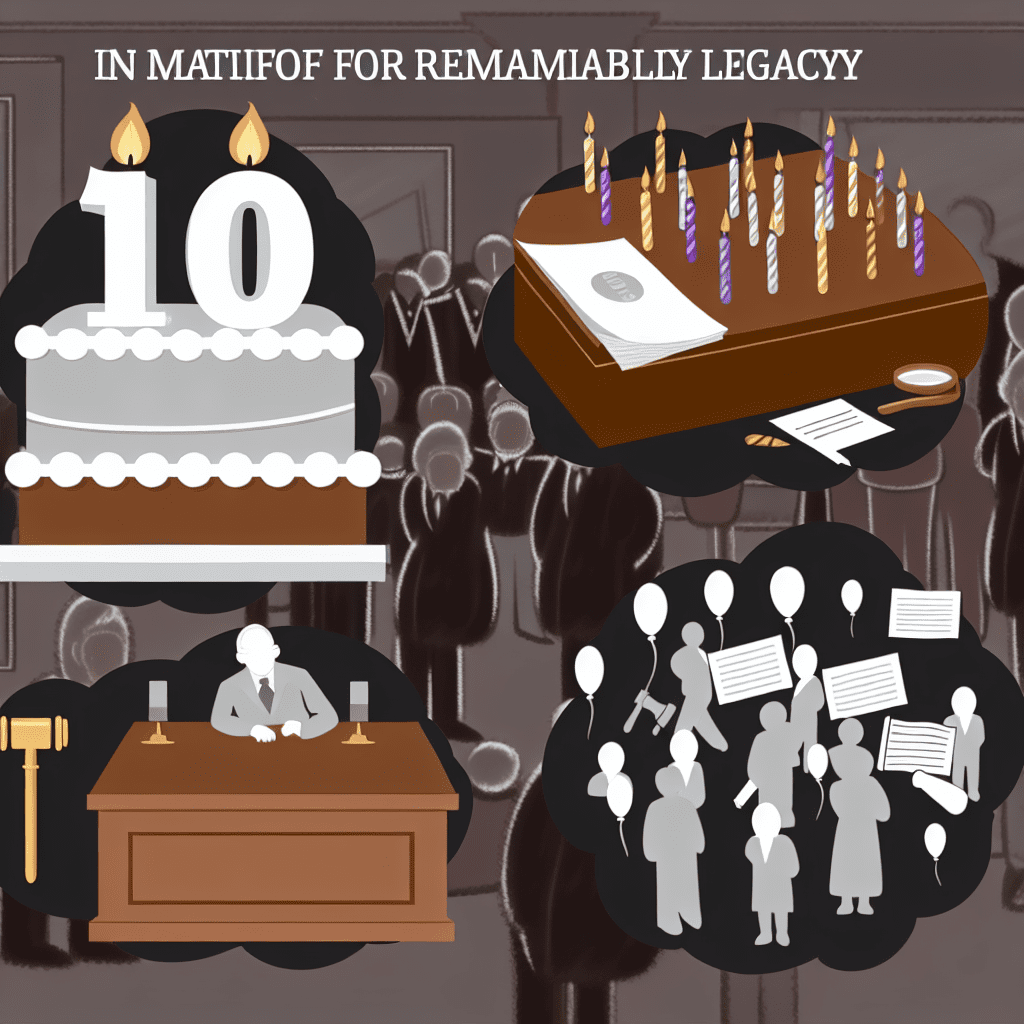
Jimmy Carter: A Life of Public Service and Humanitarianism
Jimmy Carter, the 39th President of the United States, left an indelible mark on American history and global humanitarian efforts. Here is a detailed look at his life, presidency, and post-presidential achievements.
Early Life and Education
Born on October 1, 1924, in Plains, Georgia, Jimmy Carter graduated from the United States Naval Academy in 1946. He joined the U.S. Navy’s submarine service, where he served until his return to Georgia to manage his family’s peanut-growing business.
Political Career
Carter’s entry into politics began in 1962 when he was elected to the Georgia State Senate, where he served until 1967. Despite an initial failed gubernatorial bid in 1966, he successfully became the 76th Governor of Georgia in 1971, serving until 1975. During his governorship, Carter implemented several reforms, including the establishment of a Georgia Human Rights Council, equal state aid to schools, and community centers for mentally disabled children. His inaugural speech, where he declared “the time for racial discrimination is over,” was a significant moment in his commitment to civil rights.
Presidency (1977-1981)
In 1976, Carter announced his presidential campaign, running as a Washington outsider. Despite initial low name recognition, he secured the Democratic nomination and went on to defeat incumbent President Gerald Ford in the general election. Carter’s presidency was marked by several notable achievements:
- Camp David Accords: Carter brokered a peace treaty between Israel and Egypt, a landmark achievement in Middle Eastern diplomacy.
- Panama Canal Treaties: He negotiated treaties transferring ownership of the Panama Canal from the United States to Panama.
- Energy Policy: Carter introduced a national energy policy focusing on conservation, price control, and new technology.
- Department of Energy and Education: He signed into law the creation of the U.S. Department of Energy and the U.S. Department of Education.
- Human Rights: Carter made human rights a central theme of his foreign policy, which was a departure from previous administrations.
However, his presidency was also marred by challenges such as the Iran hostage crisis, the Three Mile Island nuclear accident, and an energy crisis following the Iranian Revolution.
Post-Presidency
After leaving office in 1981, Carter dedicated his life to humanitarian work and global peace initiatives. Key aspects of his post-presidential career include:
- The Carter Center: Founded in 1982, the center promotes global health, democracy, and human rights. Carter has been involved in monitoring international elections and establishing relief efforts worldwide.
- Habitat for Humanity: Carter and his wife, Rosalynn, have been strong advocates for this nonprofit organization, which aims to provide affordable housing for those in need.
- Literary Contributions: Carter has written over two dozen books, reflecting his commitment to sharing his experiences and insights with the public.
Personal Life and Legacy
Jimmy Carter married Rosalynn Smith in 1946, and they worked closely together throughout their lives. Rosalynn Carter was a significant partner in his political career and continued to be an advocate for mental health and other causes after leaving the White House. She was also a key figure in the Carter Center’s international work and founded the Institute for Caregivers in 1987.
Carter’s legacy extends beyond his presidency. He is remembered for his unwavering commitment to human rights, his role in promoting global peace, and his dedication to humanitarian work. His grandson, Jason Carter, highlighted his grandfather’s courage in standing by his principles even when they were unpopular, and President Joe Biden praised Carter’s strength of character and his mission to serve the world.
State Funeral and Tributes
On January 9, 2025, a state funeral was held for Jimmy Carter at the National Cathedral in Washington, D.C., attended by past and present U.S. presidents, including Joe Biden, Donald Trump, Bill Clinton, George W. Bush, and Barack Obama. This rare gathering of presidents underscored the respect and admiration for Carter’s life and work. The funeral included eulogies from various dignitaries, highlighting his humanitarian achievements and his enduring impact on American politics and global affairs.
Jimmy Carter passed away on December 29, 2024, at the age of 100, making him the longest-lived president in U.S. history. He will be remembered as a president who embodied the values of public service, humanitarianism, and unwavering commitment to his principles.
[본 글은 AI가 지난 7일간 가장 주목받는 트렌드 키워드를 기반으로 심층적인 정보 분석을 통해 자동 생성한 콘텐츠입니다. 최신 정보를 신뢰성 있게 제공합니다.]